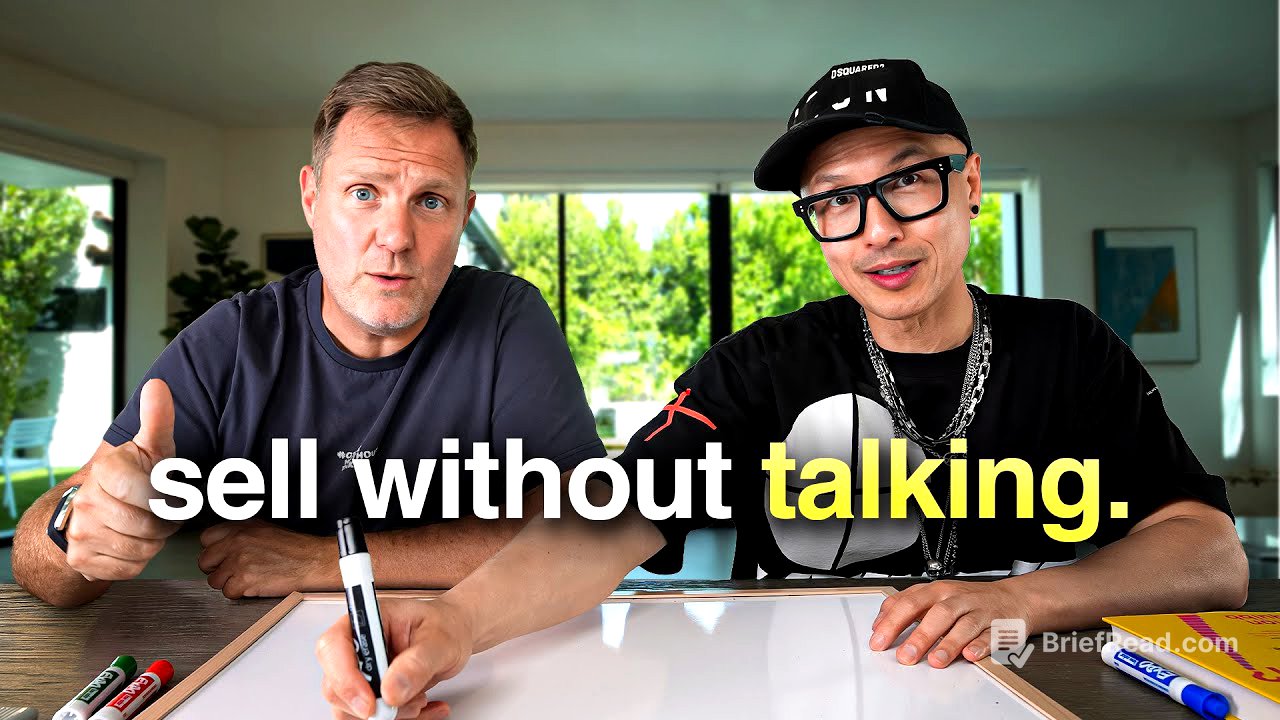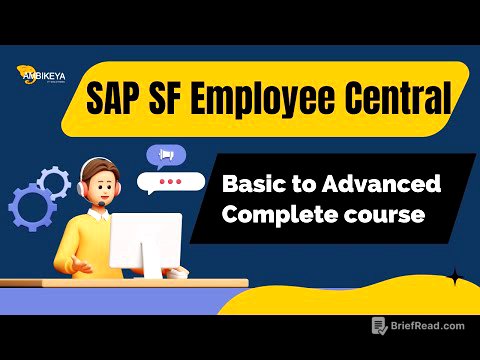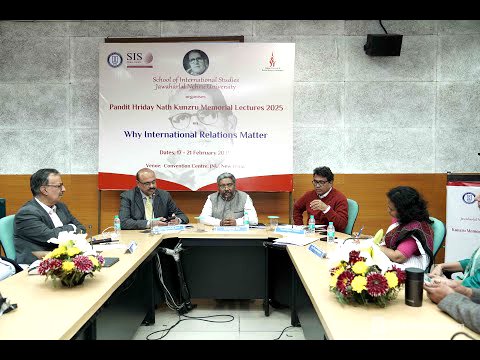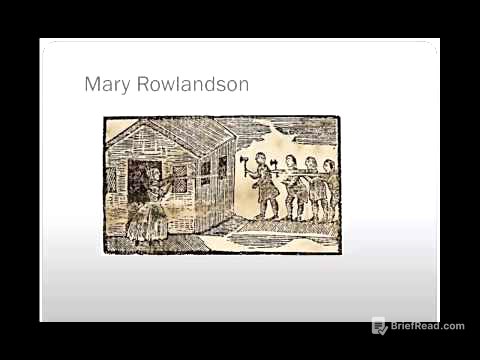TLDR;
Chris Do shares eight brutally honest steps to become a sales machine, drawing from 50 years of combined business experience. The advice focuses on direct communication, the power of questions and listening, and the importance of serving others. Key takeaways include saying what you think, asking questions to understand needs, actively listening, avoiding justification, embracing objections, leveraging brand, focusing on service, and becoming a natural storyteller.
- Say what you think directly to avoid anxiety and build trust.
- Questions are more valuable than answers for opening conversations and understanding client needs.
- Listening is a superpower that requires processing subtext and showing genuine interest.
- Never justify your price or value; state it confidently.
- Embrace objections as indicators of interest and opportunities to pivot.
- Use brand to command a premium and accelerate relationships.
- Focus on serving others by understanding their needs and bigger goals.
- Become a natural storyteller by sharing repeatable stories with character, want, and obstacle.
Say What You Think [0:19]
Most people hesitate to ask for what they want, creating tension. Speaking out loud releases this stress. It's better to directly ask questions about budget, scope, and other critical information rather than guessing. Direct communication can be initially off-putting but ultimately saves pain by ensuring a clear understanding. Dealing with business people requires providing and receiving critical information for problem-solving. Asking direct questions, even if awkward, helps understand the other person's perspective and alleviates anxiety.
Ask Questions [3:27]
Questions are more powerful than answers because they open conversations, while answers often close them. Presuming to know the answer prevents understanding the real problem. Sales involves helping someone move from their current state to a desired future state by removing pain or improving life. Asking questions makes the other person feel important, heard, seen, and understood, fostering positive emotions crucial for business. Shift from being problem solvers to problem seekers by asking open-ended questions to uncover impactful problems.
Listening is Your Power [6:46]
Listening is a secret power often underutilised because people are waiting to speak rather than understand. True listening requires processing the meaning, unpacking "suitcase words" (words with multiple meanings), and reading subtext. Ask follow-up questions about the answers received to reach a deeper understanding. Taking notes signals that what the other person says is important. Even when someone seems finished speaking, wait three seconds before responding. Being patient and listening fully allows for processing information and asking deeper questions.
Learn to Never Justify [12:06]
Pathological liars over-explain to add credibility to their lies. When stating your price, simply say it and stop. Justifying your price makes you sound weak and signals a lack of confidence in your value. In business relationships, approach as equals and avoid seeding the higher ground by justifying. State your belief confidently and bite your tongue, even if you're unsure. Clients may want you to justify your price to gain control, but resisting this dynamic is powerful. The word "just" diminishes value, so avoid using it to describe your work.
Handling Objections [15:37]
Objections are questions indicating resistance to saying yes. Reframe objections as Indicators of Interest (IOIs), viewing them as positive signs of engagement. Embrace objections and pivot using mental jiu-jitsu. When a prospect raises an objection, embrace it rather than pushing back. For example, acknowledge a lack of specific experience but highlight the benefit of bringing a fresh perspective. Avoid directly challenging someone's preference; instead, explore their reasons and preferences to find common ground and potential recommendations.
Brand as a Power-Up [21:51]
A product or service without a story is a commodity. Brand adds value, allowing you to charge a premium above cheaper alternatives. A strong brand accelerates relationships and commands higher prices. Personal branding involves creating content, being of service, and showing up consistently to build trust. Everyone has a brand (small "b"), which is an impression or reputation. Building a brand (big "B") at scale involves amplifying your message through social media and content.
Focus on Serving Others [25:38]
Reframe sales as an act of service, prioritising the needs of others. Approach interactions without an agenda, ask questions, listen with intention, empathise, and summarise. Adopt a mindset of servitude, understanding the other person's bigger mission and goals. Avoid making sales about your own needs for money or validation. Act as a fiduciary, helping others make the best decision for themselves, even if it's not beneficial for you. Cultivate gratitude to change your emotions and improve your approach to sales conversations.
Become a Natural Born Seller [28:59]
Even introverts can become natural salespeople by learning the skills and overcoming negative emotions. Opportunities pass you by if you're unwilling to learn and put yourself out there. Asking for the sale involves having natural conversations, understanding needs, and seeing if there's a fit. The best salespeople aren't necessarily selling; they're telling stories. Create repeatable stories with a character, a want, and an obstacle to engage and spread your message.









